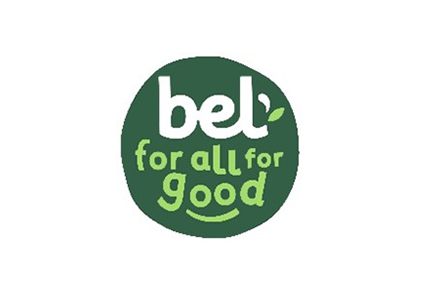Fair for Life and For Life Reach Silver Equivalence with SAI Platform’s Farm Sustainability Assessment (FSA)
7th February 2018

BRUSSELS, Belgium. February 7, 2018 – The Sustainable Agriculture Initiative Platform (SAI Platform) and Fair for Life and For Life announced today the outcome of a benchmarking effort with the Fair for Life and For Life standards and SAI Platform’s Farm Sustainability Assessment (FSA); with both standards reaching ‘Silver’ equivalence.
‘This a very positive result demonstrating a high level of alignment, we hope that this industry-wide recognition provides new opportunities for both SAI Platform members and the users of the Fair for Life and For Life standards’, said Joe Rushton, FSA Manager.
This score reflects the overall alignment between the FSA and the Fair for Life and For Life standards in terms of on-farm sustainability. Additionally, a combined benchmark showed that a farm operating in accordance to GLOBALG.A.P. Fruit & Vegetables and Fair for Life or For Life would meet FSA ‘Gold’ level equivalence.
‘Fair for Life and For Life recognise the importance for ethically-minded companies and consumers to adequately navigate the array of labels and standards available in social and environmental responsibility. Benchmarking is one tool available to facilitate understanding and to recognize high-bar certifications in this field’, said Marie Mercui, Manager of the FFL & FL Programmes.
Following the articulated interest of some SAI Platform member companies, the criteria of the Fair for Life and For Life standards were submitted to a benchmark against the FSA criteria which has shown once again that Fair for Life and For Life standards measure up as reliable frameworks to implement sustainable agricultural practices.
Implications for the Standard Recognition
Both standards are now supported by yet another universal reference, accepted by a broad range of international food and drink companies. By facilitating the recognition of the standards at the level of different market actors with their varying social codes and expectations, the benchmark broadens market accessibility for Fair for Life and For Life certified operations.


